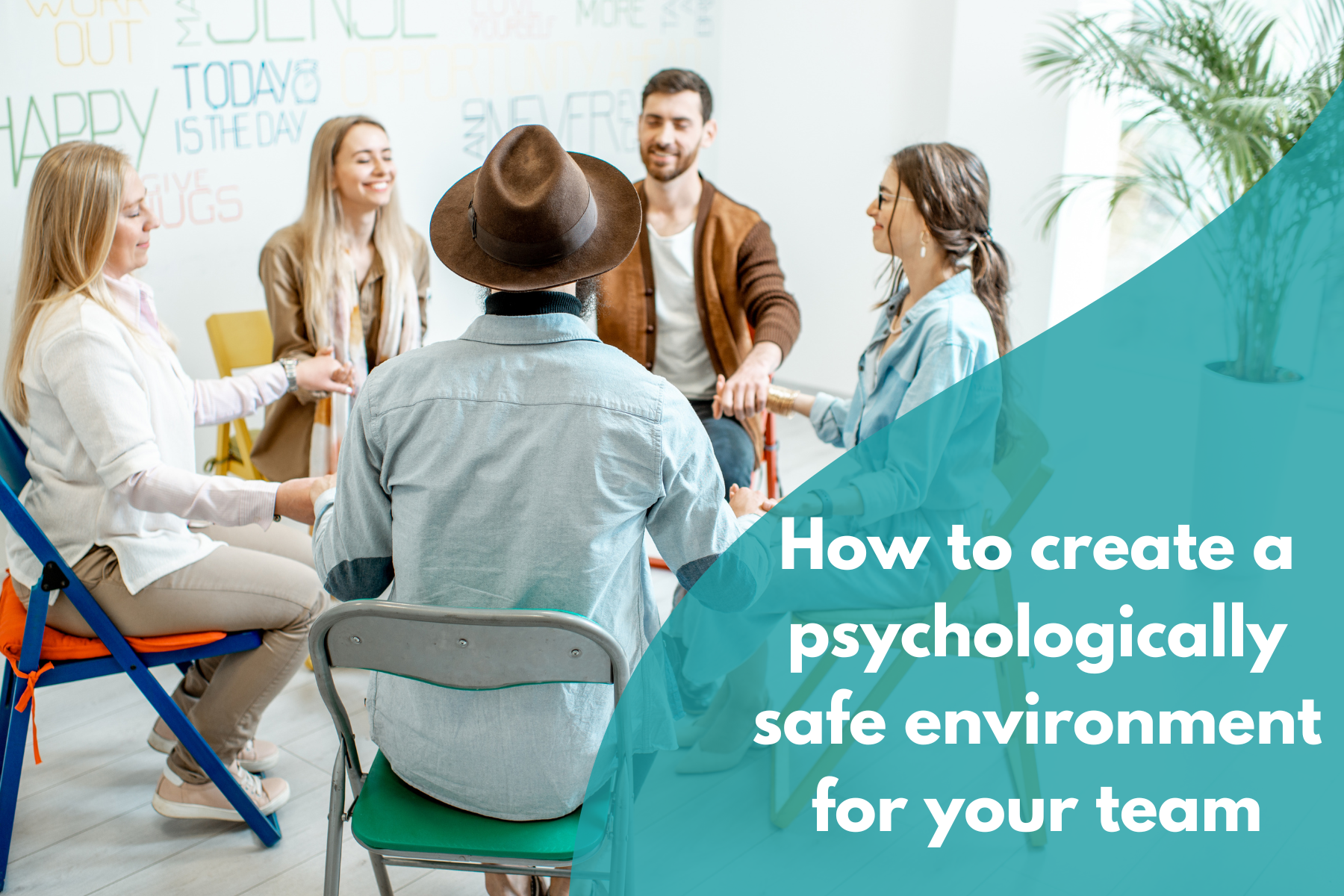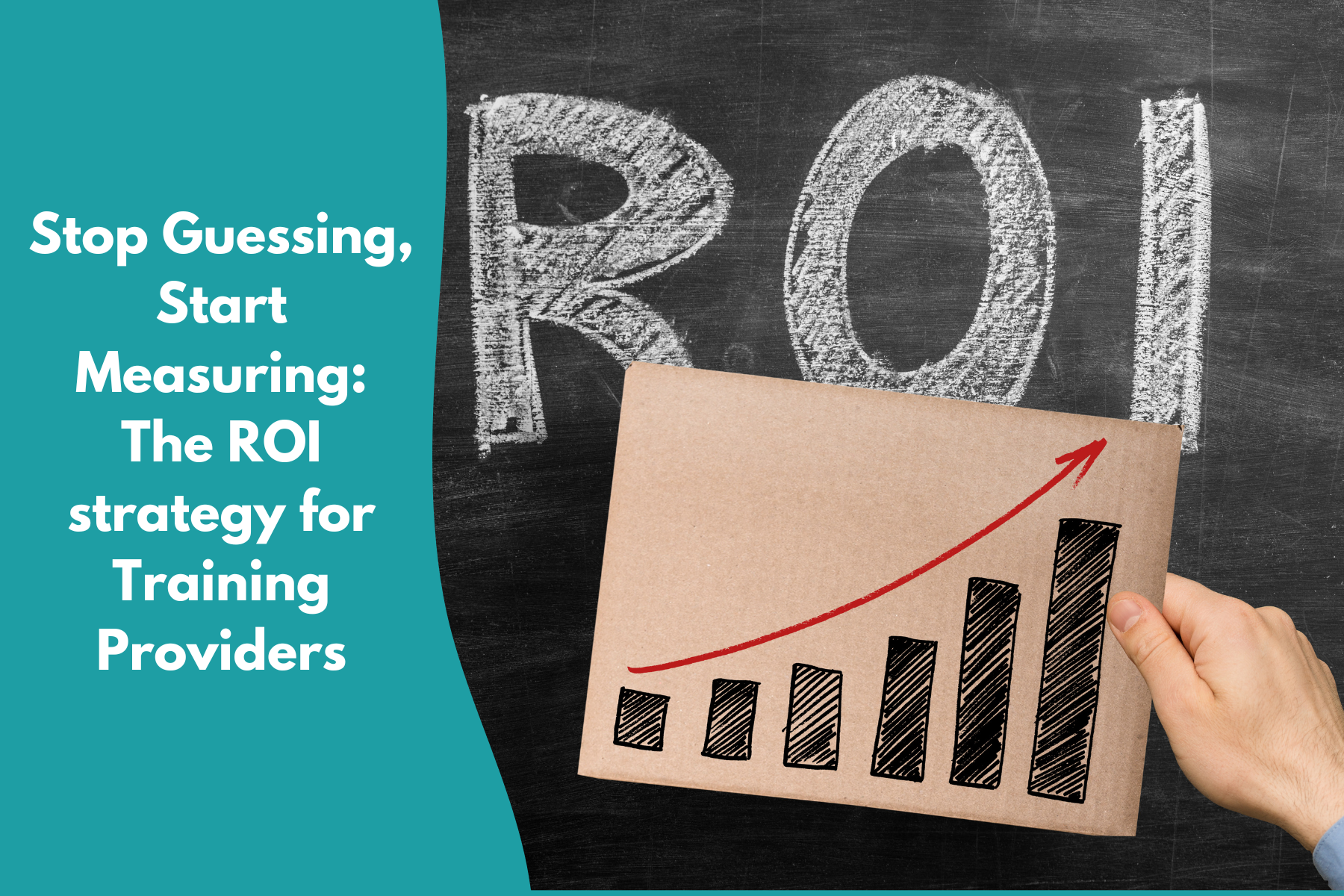A supportive and psychologically safe environment is the cornerstone of a high-performing team. It's where innovation thrives, mistakes are seen as learning opportunities, and employees feel valued and respected. But what does it take to create such a workplace? Let's dive in.
Understanding Psychological Safety
Before we dive into strategies, it's crucial to define psychological safety. It's the shared belief held by team members that they won't be punished or humiliated for speaking up with ideas, questions, concerns, or mistakes. It's about fostering a climate where everyone feels respected, valued, and included. Psychological safety is not about eliminating challenges or conflicts. It'sa bout creating a space where these challenges can be addressed openly and constructively, without fear of reprisal from others.
The Benefits of a Psychologically Safe Workplace
Investing in a psychologically safe environment yields significant benefits, not only for individuals, but for the organisation as a whole. Studies have shown that teams with high psychological safety:
- Are more innovative and creative
- Have higher levels of employee engagement and satisfaction
- Experience lower turnover rates
- Demonstrate improved performance and productivity
- Are better equipped to handle challenges and adapt to change
Building a Supportive Foundation
1. Leadership Commitment:
- Model desired behaviours: Show your team you're human by sharing your own mistakes and challenges. Leaders must embody the values of psychological safety by being vulnerable, open, and supportive.
- Communicate the importance of psychological safety: Clearly articulate the organisation's commitment to creating a safe environment, encouraging others to contribute to a safe culture.
- Lead by example: Demonstrate active listening, empathy, and respect for all team members regardless of position, experience or team.
2. Foster Open Communication:
- Create psychological safety ground rules: Establish clear guidelines for respectful communication and collaboration, ensuring all new starters and current employees are aware; create a culture promise document or company value that reinforces this.
- Encourage diverse perspectives: Value and encourage different viewpoints and experiences.
- Active listening: Train team members to actively listen and respond thoughtfully. Foster a culture of open dialogue where everyone is heard.
3. Build Trust and Respect:
- Transparency and honesty: Be open and transparent about organisational goals, challenges, and decisions. Allow the team to be part of the organisational direction and vision.
- Fairness and equity: Ensure fair treatment and equitable opportunities for all employees. Ensure your EDI strategy is regularly reviewed and acted upon.
- Recognise and reward contributions: Celebrate successes and regularly acknowledge individual and team efforts. Encourage team members to do the same for one another, developing platforms that foster this.
4. Encourage Learning and Growth:
- Embrace failure as a learning opportunity: Create a culture where mistakes are seen as opportunities for improvement, fostering a growth mindset. Ensure training is reviewed and developed regularly to meet the needs of each individual’s learning style.
- Provide development opportunities: Invest in employee growth and skill development, gaining individual feedback on development goals and needs.
- Encourage experimentation and innovation: Foster a climate of creativity and risk-taking and create outlets for team members to do this.
5. Prioritise Employee Well-being:
- Support work-life balance: Offer flexible work arrangements and encourage time off where needed. Normalise finishing on time and taking back any overtime hours worked.
- Promote mental health: Provide resources and support for employees' mental well-being. Do regular wellbeing check-ins and gather employee feedback to inform where further support may be needed.
- Create a positive and inclusive workplace culture: Foster a sense of belonging and camaraderie, supported through team bonding activities.
Measuring and Maintaining Psychological Safety
To assess the effectiveness of your efforts, consider using employee surveys, feedback methods, and observation. Look for indicators such as increased participation in meetings, open sharing of ideas, and reduced fear of failure. Remember, building psychological safety is an ongoing process. It requires continuous effort, adaptation, and a commitment to creating a positive and supportive workplace culture. By investing in psychological safety, you're investing in the long-term success of your team and organisation.
“Every manager has been very empathetic, supportive, and excellent at mentoring and guiding employees. They make you feel understood and supported regardless of the issue, concern, mistake or question. They also make you feel appreciated, acknowledging your achievements and growth. They are there whenever you need them and provide ongoing support and check-ins." – HubGem Employee
Curious about our company culture?
Want to know what makes us tick? Head over to our culture page to learn more about our values, mission, and what it's like to be part of our team. Discover why were named the Great Place to Work 2023!
Similar blogs
⭐Remote Team Building: Fun Activities for Building Strong Connections
⭐Find Your Flow: Yoga, Pilates & Meditation for a Zen Workday
⭐What HubGem do to Promote Wellbeing
.png?width=150&height=101&name=HUBGEM%20Logo%20-%20smaller%20logo%20(1000%20x%20673).png)


.png)


